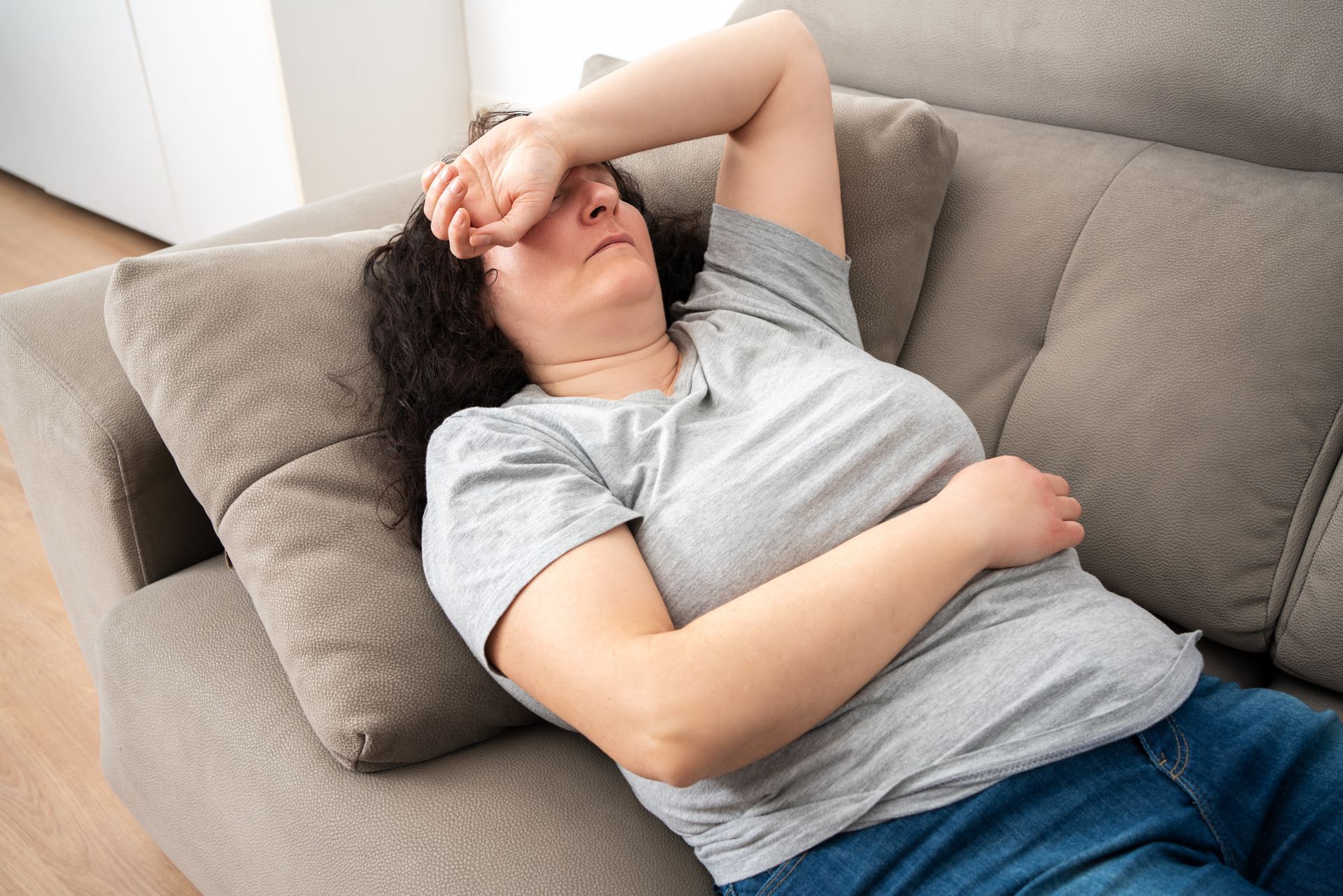Disappearing Sex Drive in Men: Reasons Beyond Erectile Dysfunction

When people think about men and sexual health, the first condition that usually comes to mind is erectile dysfunction (ED). The assumption is simple: if a man struggles in the bedroom, it must be a physical performance problem. But what happens when the issue isn’t about performance at all, but rather when the sex drive itself disappears?
Low libido in men is often misunderstood, overlooked, or brushed aside. Unlike erectile dysfunction, which is tied to physical function, a disappearing sex drive is about desire. Men are rarely given the space to acknowledge that a loss of sexual interest can happen to them, even though it’s a natural and sometimes important signal about their overall health.
Understanding Low Libido in Men
Low sex drive, also known as low libido, is a condition where a man experiences a reduced or absent interest in sexual activity. It’s important to understand that libido is not a fixed trait; it naturally fluctuates depending on age, health, stress levels, and lifestyle. However, when the decline in desire becomes long-lasting or disruptive, it may signal a deeper issue.
For some men, low libido develops gradually, with a slow loss of interest that can be easy to dismiss at first. For others, the change is more sudden and noticeable, often creating feelings of frustration or confusion. Regardless of the timeline, low sex drive can influence more than intimacy; it frequently impacts confidence, mood, and relationship satisfaction.
It’s important to recognize that low libido is a real condition, not a character flaw or a question of masculinity. It’s a medical concern worth addressing, especially since it can be a symptom of hormone imbalance, underlying health conditions, or lifestyle factors that can often be improved with proper care.
Misconceptions About Low Sex Drive in Men and Women
Sexual health is often framed through stereotypes that do little to reflect reality. When women experience low desire, it’s commonly dismissed as purely psychological or emotional. This overlooks the fact that hormonal changes, physical health conditions, or side effects of medications can also shape women’s libido.
Men, on the other hand, are usually assumed to have a strictly physical problem, most often erectile dysfunction.
Both perspectives miss the truth: desire is shaped by a complex interaction of hormones, brain chemistry, emotional well-being, lifestyle, and physical health in both sexes. Recognizing this broader reality helps both men and women improve intimacy and overall well-being.
How Low Libido and Erectile Dysfunction Can Interact
Although low sex drive and erectile dysfunction are distinct conditions, they often influence one another. A man who struggles with ED may begin to avoid intimacy out of frustration, which can gradually reduce his sexual desire. On the other hand, men with low libido may not feel mentally engaged enough to become aroused, which can make it more difficult to achieve or maintain an erection.
This overlap can create a cycle where desire and performance both decline, leading to stress, strained relationships, and lower self-confidence. The good news is that identifying the root cause, whether hormonal, psychological, or physical, can help break this cycle. By addressing both conditions when necessary, treatment can restore not just physical performance but also the motivation and enjoyment of intimacy.
Other Common Causes of Low Sex Drive in Men
Beyond erectile dysfunction, a disappearing sex drive can have many roots, and often, it’s more than one factor at play:
- Hormonal changes: Low testosterone, thyroid disorders, or other hormone imbalances can directly affect desire.
- Mental health: Stress, depression, anxiety, and unresolved relationship conflict can drain interest in sex.
- Lifestyle factors: Poor sleep, lack of exercise, excess alcohol, or drug use can all contribute.
- Medical conditions & medications: Chronic illnesses like diabetes or heart disease, and certain prescriptions such as antidepressants or blood pressure drugs, can play a role.
These factors highlight that low libido isn’t just about physical function; it’s often a reflection of overall health.
Personalized Care for Men Experiencing Low Sex Drive
Losing interest in sex can feel like a blow to confidence and relationships, but low libido is more than just a bedroom concern. It can be an early warning sign of underlying health issues or emotional stressors that deserve attention.
At Rejuvime Medical, we take a comprehensive approach to sexual health. Our team uses advanced lab testing to identify the root causes of low libido and develop a personalized solution that fits your needs. Whether it’s a hormonal imbalance, stress, or another factor, we create a treatment plan designed to restore balance and help you feel your best.
A disappearing sex drive in men is not always about erectile dysfunction, and it’s not something to ignore or feel ashamed of. If you’re experiencing changes in your libido, know that you’re not alone. With the right support, you can regain confidence, rebuild intimacy, and improve your overall quality of life. Schedule your consultation with Rejuvime Medical today and take the first step toward feeling like yourself again.
Get in Touch
Questions? Contact us today by phone or book an appointment online.
Questions? Call our office:
(225) 228-3128





